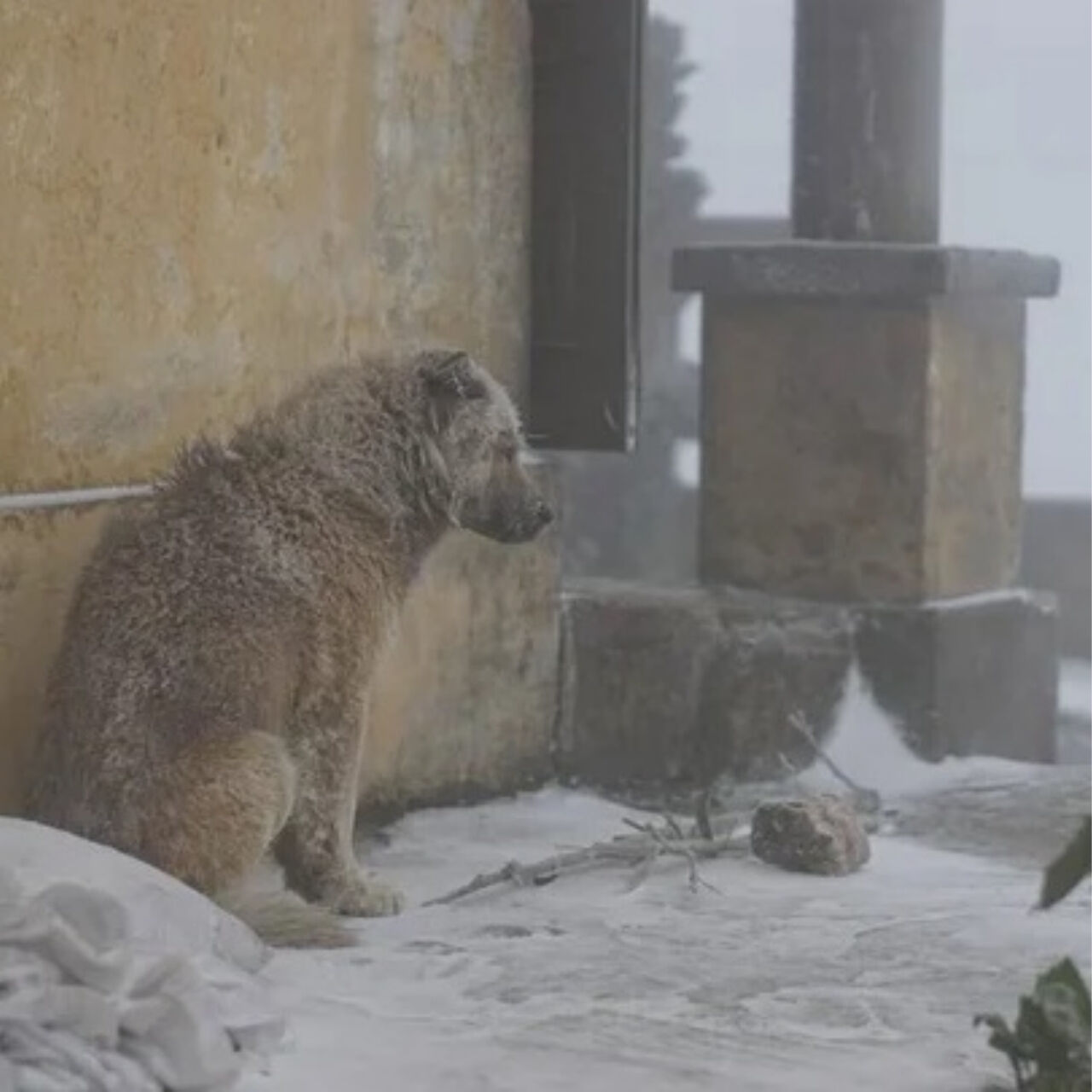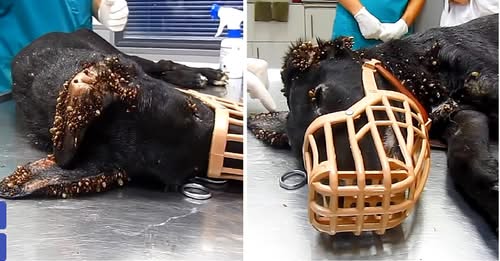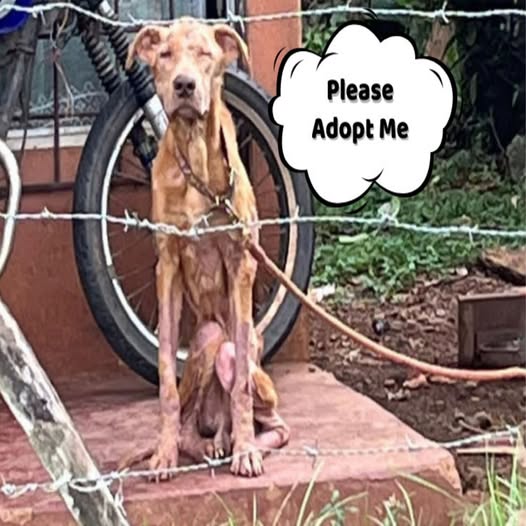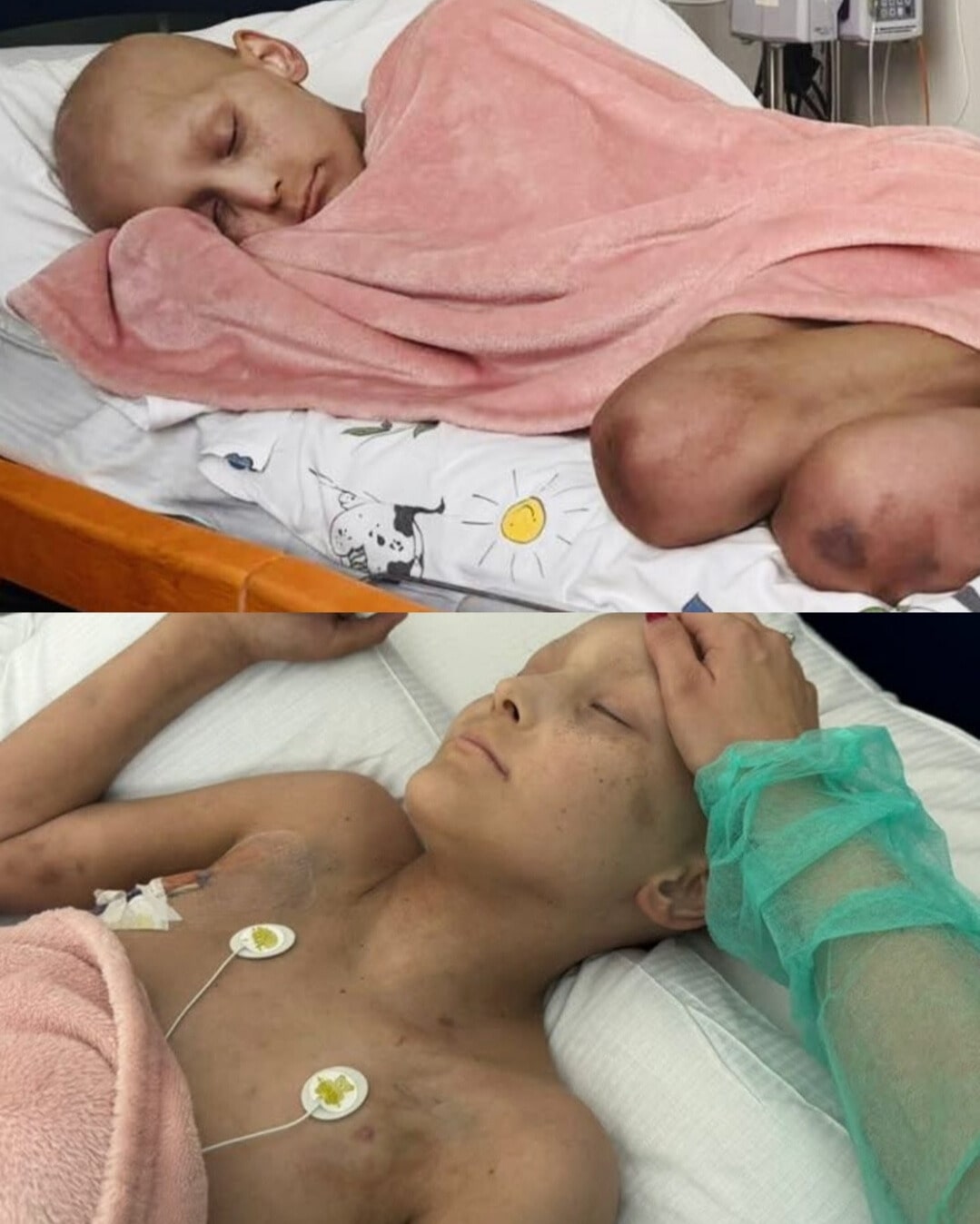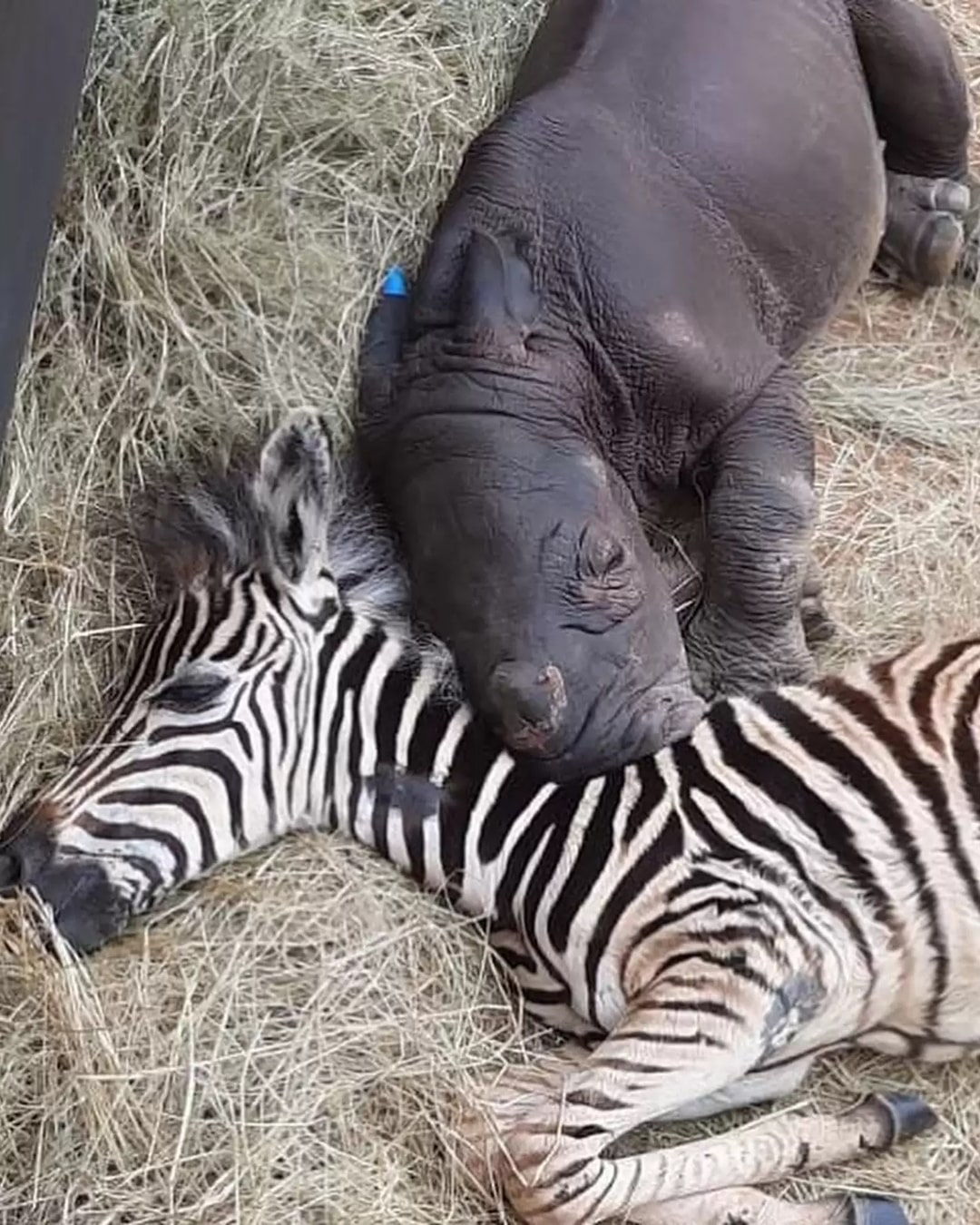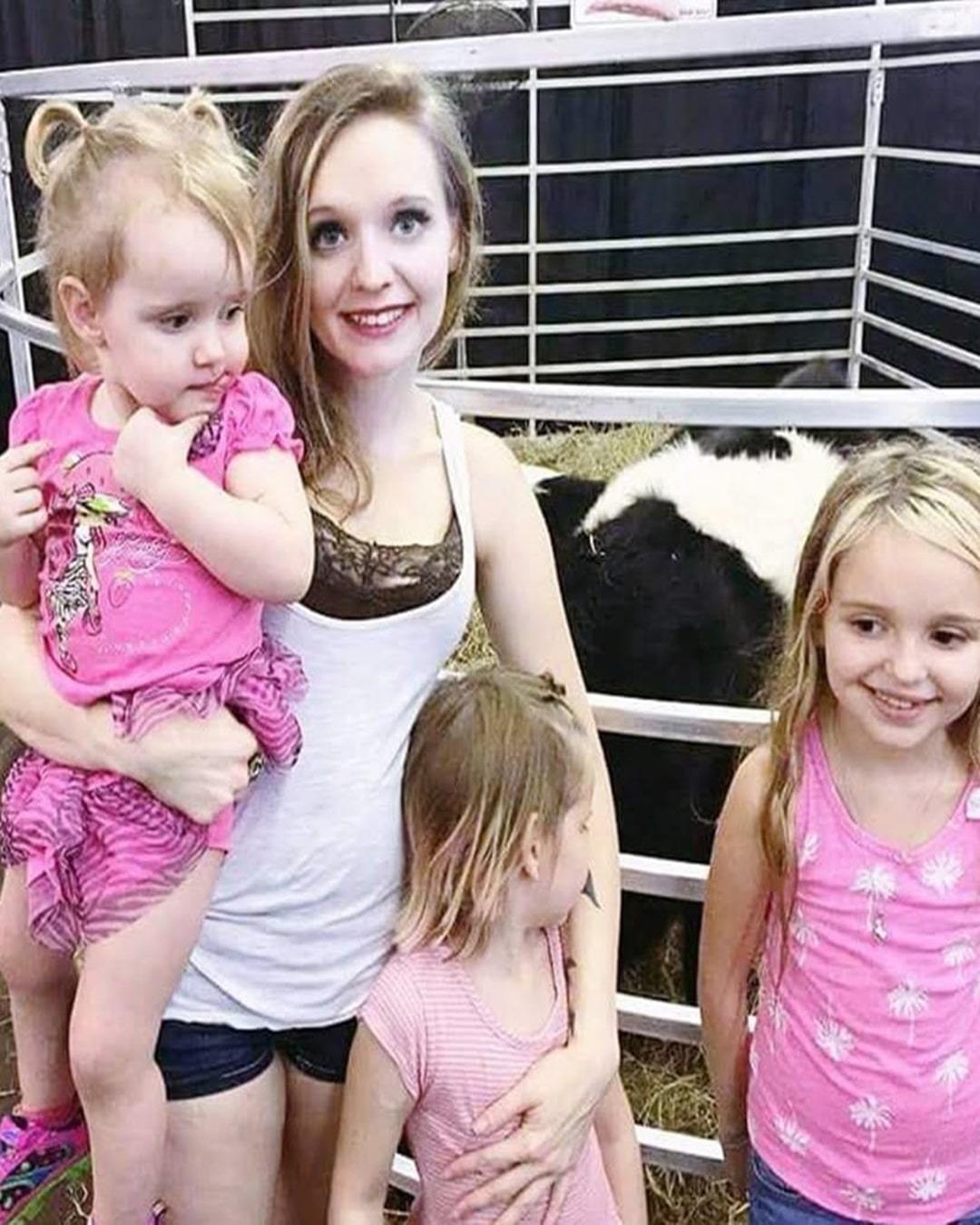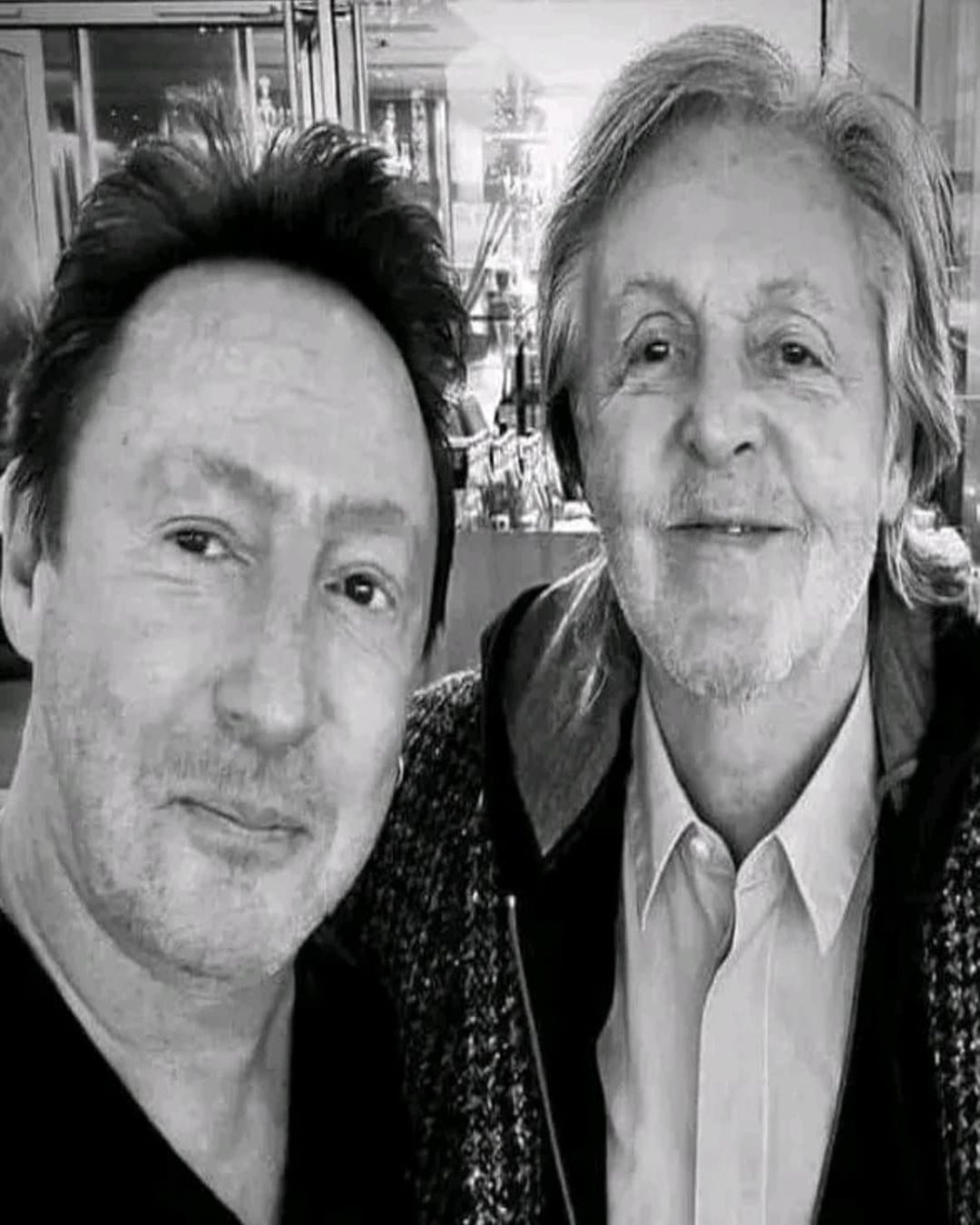So, you think life is tough?
For Donald and Nichole Blevins, tough doesn’t even begin to describe it. Their 11-year-old son, Branson, is fighting Acute Lymphoblastic Leukemia with a strength few adults could summon.
A bone marrow transplant gave him hope—but it also left his small body stripped, fragile, and in constant pain. Mucositis makes swallowing nearly impossible. Bone aches and malnutrition wear him down. His vision is impaired. Yet somehow, through it all, Branson manages to smile, to squeeze a hand, to whisper “I love you.”
For his parents, those moments are everything. They cling to them as they navigate endless medical decisions, balancing fear with faith day after day. The road ahead is uncertain, but Branson is not alone—an army of friends, neighbors, and strangers have surrounded the family with prayer and support.
Branson’s story is more than a medical battle—it’s a lesson in love, courage, and the resilience of the human spirit.
His fight is far from over… and what happens next will move you.
The sterile, rhythmic beep of hospital machines has become the soundtrack to the Blevins family’s life. It’s a world away from the sounds that should fill an 11-year-old’s world: the laughter of friends, the cheer of a baseball game, the familiar comfort of his own home. For Branson Blevins, the battlefield is a hospital bed, and the enemies are not imaginary monsters but invisible cells waging war within his own body. The aftermath of his bone marrow transplant, a procedure meant to be a lifeline, has become its own grueling test of endurance. Each day is a negotiation with pain. The mucositis, a severe inflammation of his digestive tract, turns the simple act of swallowing into a monumental challenge, making nutrition a constant, desperate pursuit. His parents, Nichole and Donald, watch with a blend of anguish and awe as their son confronts hurdles that would break most adults. They have become fluent in a language they never wanted to learn—a lexicon of medical terminology, drug regimens, and the subtle signs that distinguish a bad day from a terrifying one.
Their life is a paradox of stillness and chaos. Hours are spent in the quiet, tense atmosphere of a hospital room, yet their minds race with a relentless storm of what-ifs and strategic decisions. They are the frontline generals in their son’s war, but they are also just parents, yearning for the simple normalcy of a family dinner or a movie night on the couch. The fear is a constant companion, a shadow that lengthens in the late hours of the night. Yet, it is in this darkness that their faith is forged. It’s a faith not in an easy outcome, but in their own strength to endure whatever comes next. It’s a faith anchored by the incredible spirit of their son. When Branson, through the haze of pain and medication, musters the energy to flash a thumbs-up or offer that heart-melting smile, he is not just being brave; he is actively reminding them what they are fighting for. Those small gestures are potent weapons against despair, reigniting their hope when it threatens to flicker out.
The battle against childhood cancer is never fought in isolation, and the story of Branson Blevins is a powerful testament to the strength of community. The “army of friends, neighbors, and strangers” is no mere metaphor. It is a living, breathing force of compassion that has mobilized around the Blevins family. It began with prayers and messages of support, but it quickly grew into a tangible network of aid. Local businesses organized fundraisers, classmates sent hand-drawn cards that now decorate his hospital room walls, and a GoFundMe campaign swelled with donations from people who had never met Branson but were profoundly touched by his journey. Neighbors took over the practical burdens the family could no longer manage, from mowing the lawn to ensuring their other children were cared for, creating a buffer of normalcy in a life that was anything but.
This wave of community support is more than just helpful; it is essential emotional fuel. For Donald and Nichole, every casserole dropped off on their porch, every text message checking in, is a reminder that they are not adrift on this terrifying ocean alone. It is the collective embrace of their community that allows them to focus their entire energy on Branson’s needs. It validates their struggle and honors their sacrifice, transforming a private agony into a shared mission. This outpouring of love demonstrates a profound truth: that in times of crisis, the artificial barriers between us can dissolve, replaced by a fundamental human impulse to lift up those who have fallen. Branson’s fight has become the town’s fight, a cause that has united people and revealed the deep well of kindness that often lies dormant in the hustle of daily life.
Branson’s journey through treatment for Acute Lymphoblastic Leukemia is a testament to the fact that progress is not always a straight line. Victories are often measured in millimeters. A day with fewer tears, a spoonful of soup successfully swallowed, a pain level that dips from an eight to a six—these are the milestones that mark their calendar. There are moments of progress that feel like brilliant sunshine after a long storm, like when a blood test shows a slight improvement or when Branson is able to sit up and watch a movie for more than ten minutes. These moments are celebrated with quiet gratitude and become the footholds they use to keep climbing. However, there are also setbacks that feel like devastating avalanches, threatening to bury them in renewed fear. An unexpected fever, a negative reaction to a medication, or a day when the pain is simply insurmountable can feel like a return to square one.
It is in these moments of whiplash, swinging between hope and hardship, that the true nature of resilience is revealed. It is not about avoiding the fall; it is about the courage to get back up, again and again. For an 11-year-old boy, this resilience is nothing short of heroic. He is learning lessons of perseverance and fortitude that many people never grasp in a lifetime. He is discovering a strength within himself that he never knew he possessed, a core of steel beneath his fragile exterior. For his parents, this journey is a relentless exercise in adapting and recalibrating, in finding the strength to advocate for their son with doctors while simultaneously providing the gentle comfort only a parent can give. They are learning that their love is a powerful, flexible shield, capable of protecting their son not from the pain itself, but from the loneliness that so often accompanies it.
Branson Blevins’ story forces a shift in perspective. It holds up a mirror to our own lives, compelling us to re-evaluate our definition of a “tough” day. His struggle reframes our own challenges, making them seem smaller, more manageable. But his story is not meant to inspire guilt; it is meant to inspire gratitude and action. It is a powerful call to cherish the simple gifts of health and normalcy that are so easily taken for granted. More than that, it is a lesson in the transcendent power of love. It is seen in the unwavering devotion of his parents and in the compassionate response of his community. It is the force that transforms a grim medical narrative into an inspiring saga of the human spirit’s capacity to love, hope, and endure. The fight is far from over, and the road ahead remains long and uncertain, but the foundation of love and support upon which the Blevins family stands is unshakable. Branson’s unbreakable spirit continues to shine, a small but brilliant beacon of light, proving that even in the face of life’s most daunting challenges, hope persists, and love is the most powerful medicine of all.
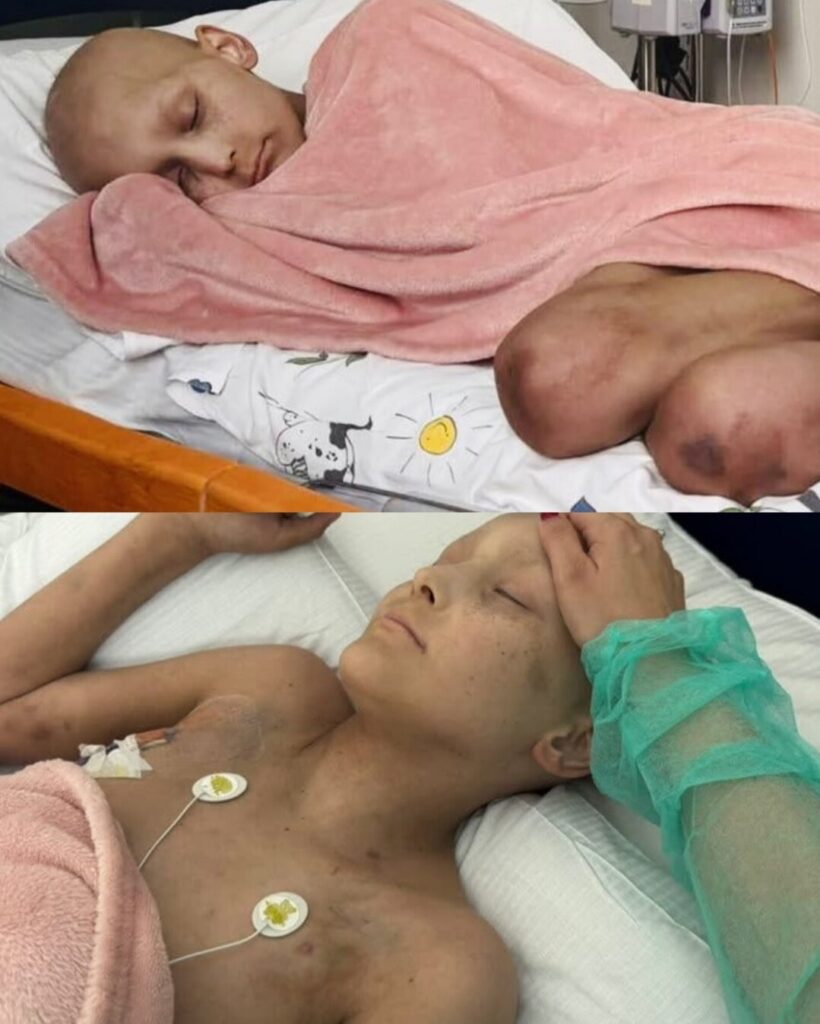
So, you think life is tough? For Donald and Nichole Blevins, tough doesn’t even begin to describe it. Their 11-year-old son, Branson, is fighting Acute Lymphoblastic Leukemia with a strength few adults could summon. A bone marrow transplant gave him hope—but it also left his small body stripped, fragile, and in constant pain. Mucositis makes swallowing nearly impossible. Bone aches and malnutrition wear him down. His vision is impaired. Yet somehow, through it all, Branson manages to smile, to squeeze a hand, to whisper “I love you.” For his parents, those moments are everything. They cling to them as they navigate endless medical decisions, balancing fear with faith day after day. The road ahead is uncertain, but Branson is not alone—an army of friends, neighbors, and strangers have surrounded the family with prayer and support. Branson’s story is more than a medical battle—it’s a lesson in love, courage, and the resilience of the human spirit. His fight is far from over… and what happens next will move you.
